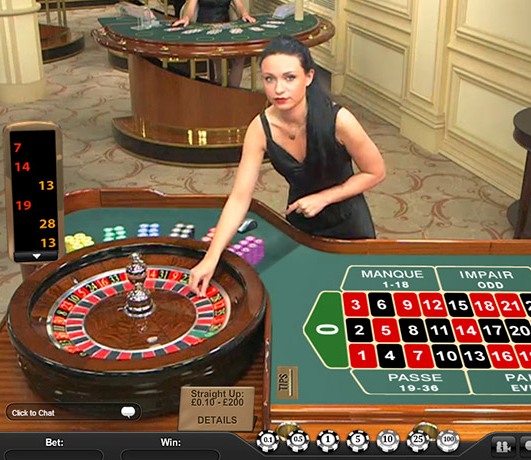The book, Target Roulette, describes a strategy designed to profit from short-term imbalances in the distribution of numbers.
Short-term wheel tracking can be quite profitable if it is used as a short-term playing concept employing hit and run tactics to rack up wins.
Some casino players claim that they are able to observe a spinning wheel and track what section the ball will land in while bets are still being accepted.

The best daily bonuses on the internet
Our score:  (4.3 / 5)
(4.3 / 5)

Welcome Bonus
Our score:  (4.2 / 5)
(4.2 / 5)

Welcome Bonus
Our score:  (4.2 / 5)
(4.2 / 5)

Bonus Code: 400BONUS
Our score:  (4.2 / 5)
(4.2 / 5)

Bonus Code: 400BONUS
Our score:  (4.2 / 5)
(4.2 / 5)
The player who is able to do this observes the ball's speed in relation to the rotation of the wheel. The way a baseball player determines where a fly ball will land or a scientist determines where a falling satellite will re-enter the earth's atmosphere are similar.
Generally, there is about a 15 to 20-second window when a player who is skilled enough to estimate the section where the ball might land can observe the spinning wheel and ball and then make his wagers. I have never tried to develop this skill and since much of my play is on the Internet, this skill would be of limited value to me. It is not a skill that is needed to use the Advantage Roulette Strategy.
There is a fourth approach that is quite controversial. Many experts doubt that this approach is valid. This approach entails observing and learning a "dealer's signature." The theory here is that many dealers develop a predictable routine after spinning the wheel and releasing the ball for thousands upon thousands of times.
These dealers have developed a mechanical approach to the process and tend to spin the ball the same way each time. Since a dealer always picks the ball up from the last number that hit and then spins it a moment later, some dealers will develop predictable "spacing" between their hits. Some players believe that we might be capable of reading these dealers just as we can determine a biased wheel.

Betting systems fall into the broad categories of betting the same after each decision, known as flat betting, raising wagers after wins, called positive progressions, and raising money after losses, named negative progressions.
There are also systems which have characteristics of one or more of these types, such as the Roulette Betting System which we will encounter in a few more chapters. Many of the classical betting systems were developed for roulette in the eighteenth and nineteenth centuries, but they can be used for other games with even-money wagers such as craps, baccarat, and blackjack. Although none of these systems in its pure form is a winning system, it is worthwhile to study the efforts of our ancestors as these betting systems are the grandparents of every modern betting system.